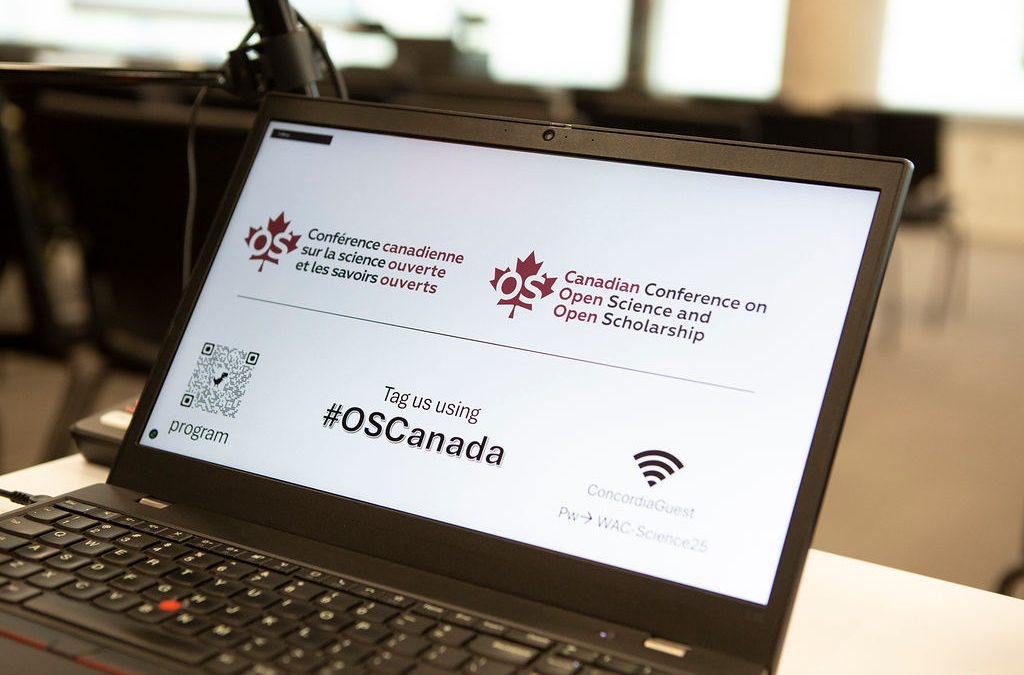
by Alan Colin Arce | 8 December 2025 | French, Insights and Signals Reports
Ce rapport insights and signals présente le bilan de la première conférence canadienne sur la science ouverte et la recherche ouverte. Les points abordés dans ce rapport sont les suivants :
Participation des partenaires d’INKE à la première conférence canadienne sur la science ouverte et les savoirs ouverts
Points clés à retenir de l’événement

by Alan Colin Arce | 1 December 2025 | English, Insights and Signals Reports
This insights and signals reports on the First Canadian Conference on Open Science and Open Scholarship. Items discussed in this report include the Participation of INKE partners in the First Canadian Conference on Open Science and Open Scholarship and key takeaways from the event

by Alan Colin Arce | 24 November 2025 | Community News, French
Cet article présente l’analyse de recherches « Politique », disponible en libre accès via Open Scholarship Press. L’analyse de recherches « Politique » suit et reflète l’évolution des politiques liées aux savoirs ouverts au Canada et ailleurs, en analysant les changements de politiques et leur pertinence pour les chercheurs, les professionnels de l’information, les bibliothécaires, le corps professoral et les décideurs. Issue de l’Open Scholarship Policy Observatory, cette ressource adopte une perspective canadienne et s’intéresse aux sciences humaines et sociales (SHS), mais elle prend une vue d’ensemble, considérant les savoirs ouverts comme un mouvement international et interdisciplinaire.

by Britt Amell | 24 November 2025 | Community News, English
This post introduces the Policy research scan, available open access via the Open Scholarship Press.. The Policy research scan follows and reflects policy developments related to open scholarship in Canada and beyond, analyzing policy changes and their relevance to researchers, information professionals, librarians, faculty, and policymakers. With roots in the Open Scholarship Policy Observatory, this resource takes a Canadian focus and an interest in the humanities and social sciences (HSS), but it takes a broad view, considering open scholarship as an international and interdisciplinary movement.

by Alan Colin Arce | 17 November 2025 | Community News, French
Cet article présente l’analyse de recherches Formation, disponible en libre accès via Open Scholarship Press. L’analyse de recherches « Formation » se concentre sur l’identification des stratégies et des approches de formation innovantes qui peuvent améliorer la littératie numérique, la recherche d’informations et la production de connaissances pour les étudiants, les chercheurs, l’industrie et les membres engagés du public.



